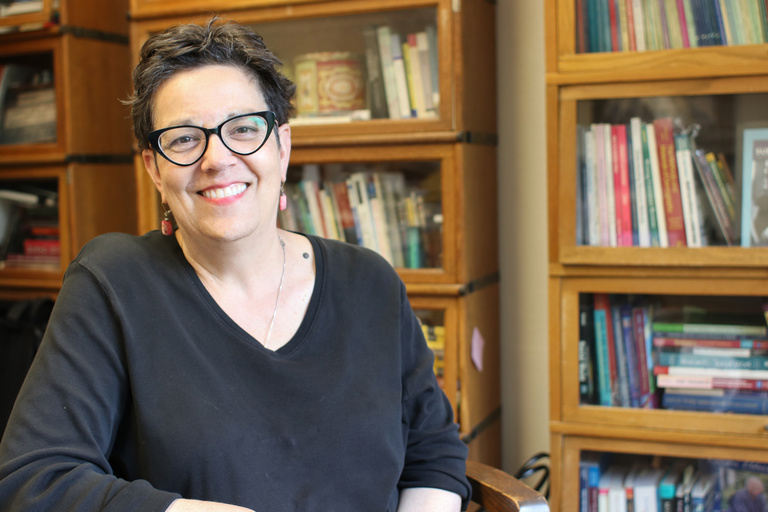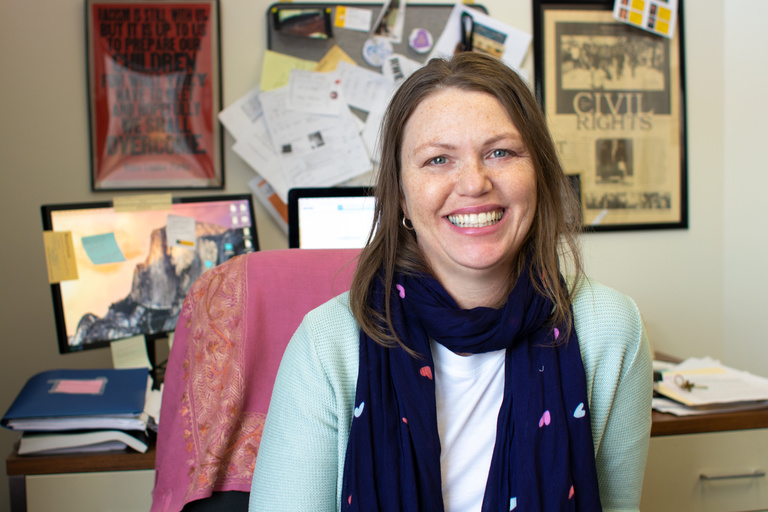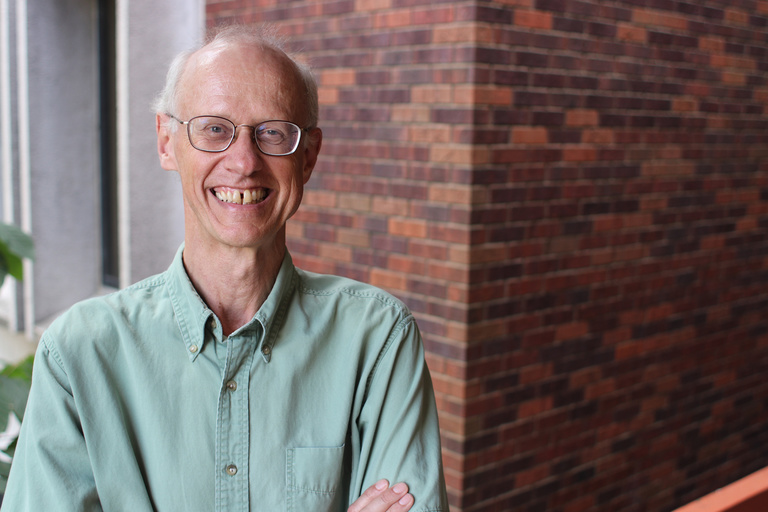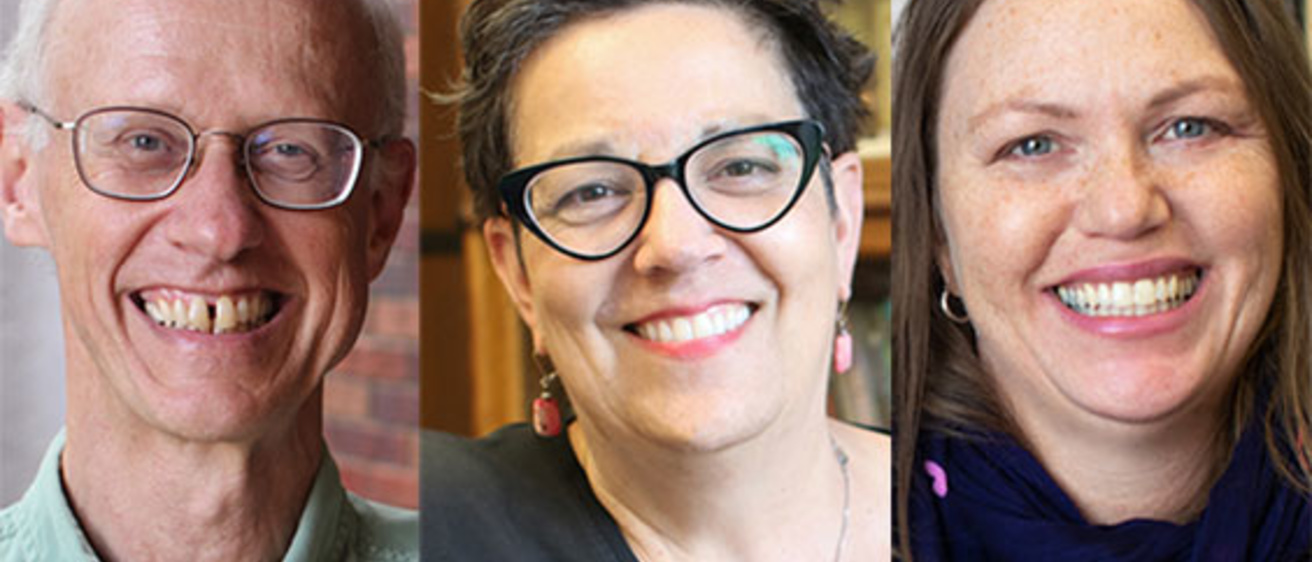Three Iowa faculty members have been awarded Fulbright grants to conduct research, study, or teach abroad in 2019–20.
Iowa faculty members at all stages of their careers can apply to become Fulbright scholars.
Grant recipients can teach; do research abroad; or take part in a combination of both for time periods ranging from two to six weeks, a semester, or entire year.
Learn more.
Iowa’s student program has achieved more prominence with a record-setting 19 Fulbright awards for 2019–20, and recent changes in policy for faculty members have also made pursuing faculty Fulbright grants easier. In the past, faculty members who were awarded Fulbright grants had to choose between their on-campus salary and the Fulbright stipend, which typically is much lower than what they would earn for the same period.
However, Iowa revised its compensation policy during the 2017–18 academic year, allowing the university to maintain the compensation level of all faculty members who receive a Fulbright award. Previously, this happened only for faculty Fulbright awardees focusing on research.
“What we’ve done is to make sure that there is clarity around campus that, no matter what title they come with, all the core faculty Fulbright awards are considered prestigious,” says Downing Thomas, dean of International Programs.
Iowa’s three faculty Fulbright awardees are Jonathan Wilcox, professor of English; Mercedes Bern-Klug, professor in the School of Social Work and director of the Aging and Longevity Studies Program; and Leslie Locke, assistant professor of education.
Mercedes Bern-Klug

Bern-Klug was awarded a Fulbright grant to the University of Guadalajara in Guadalajara, Mexico. As a gerontology specialist, she will teach a class on global aging, and also will study and assist in the development of social services in Mexico.
Bern-Klug says faculty Fulbright awards are worth investing in, largely due to the role they play in diplomacy.
“The world is becoming a smaller place. It’s important for faculty to have direct experience in other classrooms and to bring that back to classrooms and research in the United States,” Bern-Klug says.
Leslie Locke

Locke was awarded a Fulbright grant to the Universidad Autónoma de Yucatán in Mérida, Mexico. There, Locke will co-teach a graduate course with Iowa alumnus Pedro Sánchez Escobedo. She will also work on a collaborative research project focusing on public school leaders’ and teachers’ perspectives on their work educating students and serving students and families with the most need.
“Scholarship has suggested that many of the marginalizing experiences encountered by Latinx students in U.S. public schools are similar to those experienced by Mexican youth in Mexican public schools; however, poverty is much more extreme in Mexico,” says Locke.
“I foresee my Fulbright experience as allowing me to obtain a better understanding of the public school system in Mexico and the experiences of Mexican educators and students. I believe this will inform and support my scholarship concerning the schooling of students from marginalized groups in the U.S.—and how educational leaders and education policy might best address their needs.”
Jonathan Wilcox

Wilcox was awarded a Fulbright to the University of Iceland in Reykjavik to teach two classes, guest-lecture on the culture of Anglo-Saxon England, and conduct research on Viking culture.
“The two courses I will be teaching in Iceland are similar to ones I teach at Iowa, and I expect to come back with new insights into how to present the material after doing so in that very different context,” says Wilcox. “I am also hoping to build up connections with colleagues at the University of Iceland to revitalize the friendship agreement that exists between our two institutions.”
Wilcox says many elements factored into his decision to apply for a Fulbright grant.
“I was chair of my department for many years, which made it impossible for me to consider such a commitment,” Wilcox says. “It is definitely the case, though, that I would not have applied for this opportunity if the University of Iowa did not provide the stipend supplement to maintain a person’s salary.”
Karen Wachsmuth, UI Fulbright program advisor for the U.S. Student Program and liaison for the Scholar Program, says that building and expanding research networks, encouraging student and faculty exchanges, and broadening Iowa’s reach are all important outcomes of the Fulbright programs.
“The marks of a successful institution in this globalized world are the kinds of partnerships that an institution has—and active partnerships, not just the ones that are on paper,” Wachsmuth says.
